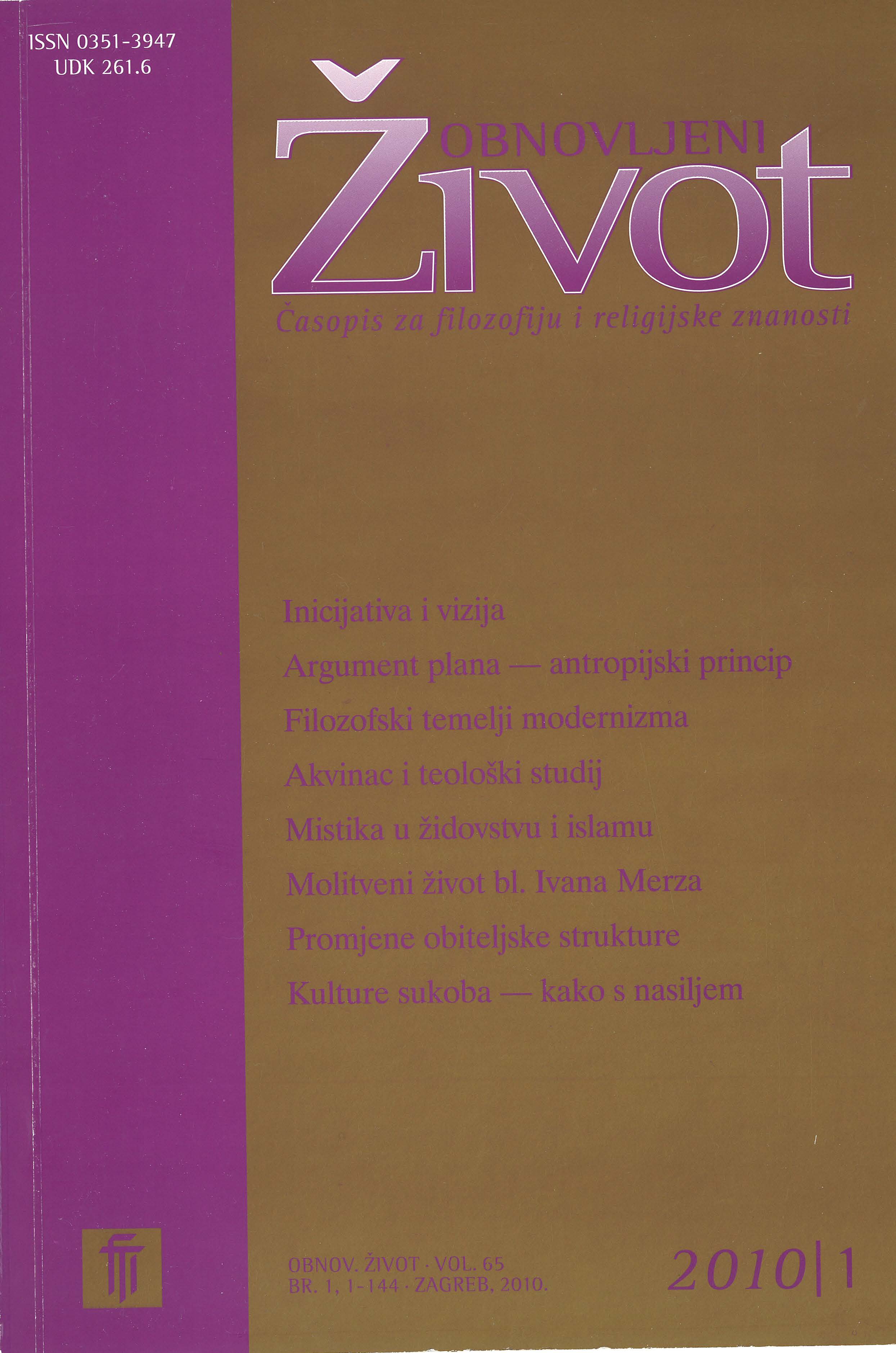Pluralism and the Transitional Culture of Conflict - What about violence?
Keywords:
misunderstanding, conflict, groupthink, positive assertive approach, aggressive approachAbstract
A given social context produces a self-adapting culture of conflict bringing with it a wealth of positive and negative potential. Unfortunately, authoritative history contributes to the «anti-plural» black and white approach which acknowledges only aggressive confrontationalism on the one hand or withdrawal and conflict evasion on the other. Although we often hardly notice that conflict situations are a legitimate part of everyday social behaviour, conflict is all-present, and we have only to focus our attention in its direction, if we are able. In the one-way style of communication there is no pluralism, since the «winner-loser» communication style always leads to frustration, does not include involvement with the concerns and problems of the other party and conveys no message as to how life appears from the opposite point of view. Information flowing in two directions, when occurring between individuals, is called interpersonal communication. When this occurs within a formal structure such as a meeting or in written reports, it is called organizational communication. Thoughts and information are not created only by their conveyor, but also by the receiver through his observation and interpretation! Pluralism occurs when an assertive approach is made possible in a complex situation. If we define communication only as a process, we then, in fact, never penetrate the essential issues nor do we facilitate discussion on the significance of these issues. The communications doctrine has its origin in rhetoric which is the art of enhancing the effectiveness of message conveyance. The one-way communication style proves ineffective in conflict situations, which is manifested particularly in human rights issues, and even more so in the application of the principle of natural justice in circumstances when existing laws do not allow for a prudent and honourable outcome. The two-way style of communication views conflicts as a challenge to the transformational processes of power-based communication into rights-based processes.
Downloads
Published
Issue
Section
License
Jednom prihvaćeni članak obvezuje autora da ga ne smije objaviti drugdje bez dozvole uredništva, a i tada samo uz bilješku da je objavljen prvi put u Obnovljenom životu. Uredništvo će obavijestiti autora o prihvaćanju ili neprihvaćanju članka za objavljivanje.
Članci objavljeni u časopisu se, uz prikladno navođenje izvora, smiju besplatno koristiti u obrazovne i druge nekomercijalne svrhe.


